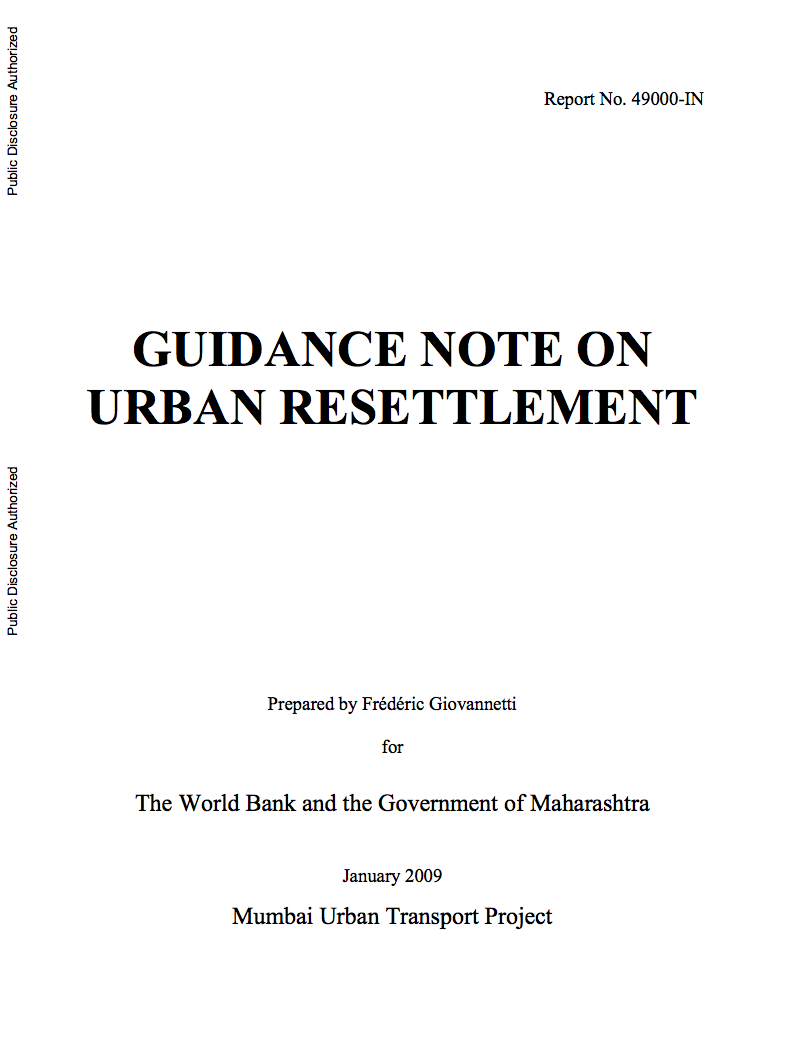China - From Poor Areas to Poor People : China's Evolving Poverty Reduction Agenda - An Assessment of Poverty and Inequality in China : Executive Summary
China's progress in poverty
reduction over the last 25 years is enviable. One cannot
fail to be impressed by what this vast nation of 1.3 billion
people has achieved in so little time. In terms of a wide
range of indicators, the progress has been remarkable.
Poverty in terms of income and consumption has been
dramatically reduced. Progress has also been substantial in
terms of human development indicators. Most of the


